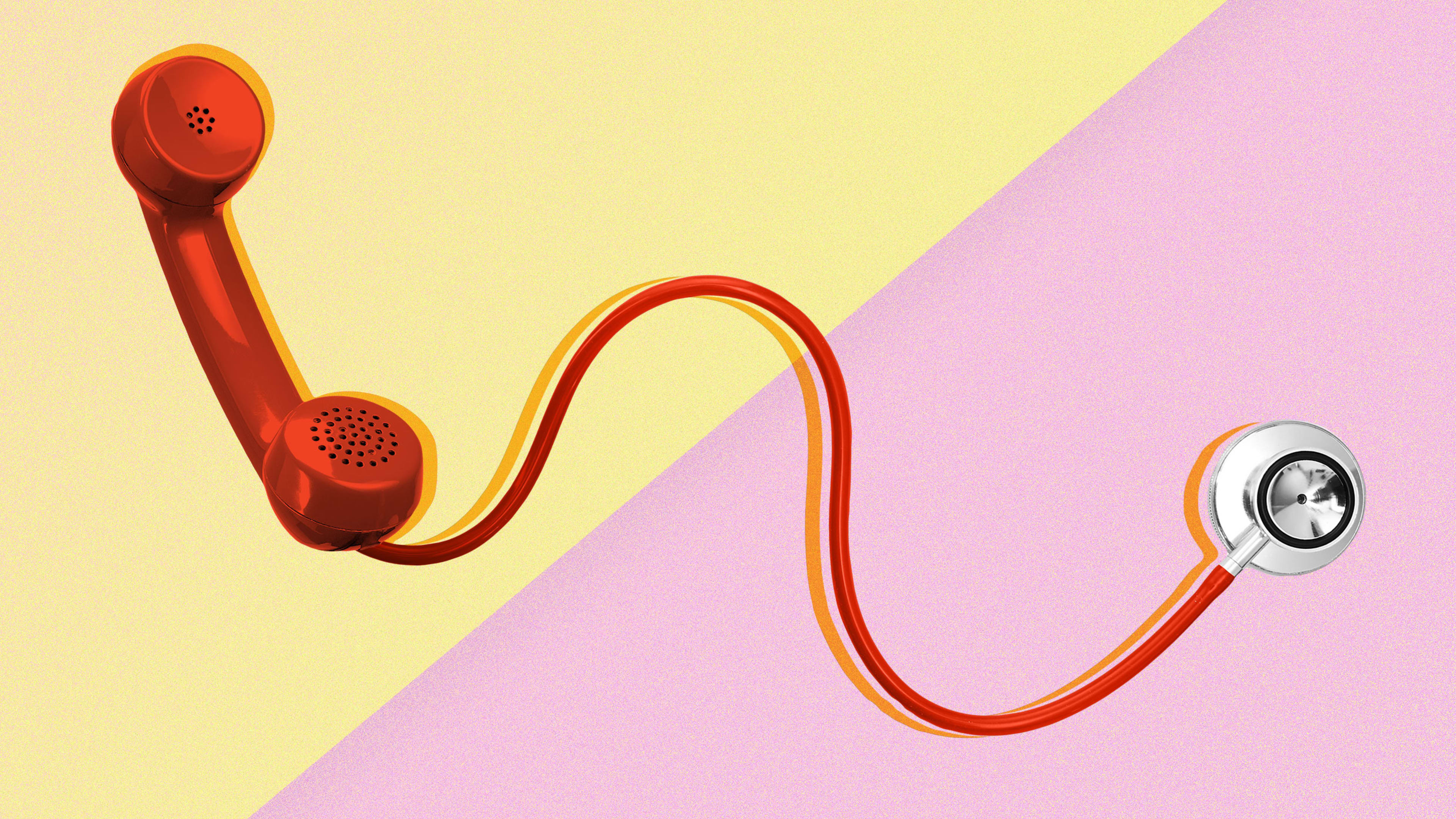As a healthcare provider, I’ve spent my career working as a family doctor in a clinic for the underserved. I’ve seen a lot of things as a physician, including a range of chronic and acute conditions, but more importantly I’ve seen firsthand just how strained our healthcare system already is. The coronavirus that causes COVID-19 is unlike anything I’ve ever seen before, both in our ability to treat and handle it.
There are a number of things we still don’t know about this novel virus wreaking havoc throughout the world. Both the medical and scientific communities still have questions about how to treat the virus, all the ways in which it spreads, and the full spectrum of impacts on those who become infected. One of the only things we can be certain of right now is that COVID-19 is poised to tip the scales of our healthcare system, putting patients and providers on the frontlines of care at risk.
We’re still not certain how many cases of COVID-19 are in the U.S., but we do know its spread is inevitable. Some experts estimate that COVID-19 may affect 96 million Americans and kill nearly 500,000 of them. Other estimates are lower, but these numbers are shocking. In only a matter of weeks, we’ve seen the public shift from general concern to mass panic, not knowing what actions to take and what information to believe.
Typically we trust our healthcare providers—and that’s whose door we knock on when we’re sick and scared. This time around, however, a rush to our doctors’ doors will compound a healthcare system that is already exhausting its providers and will increasingly spread COVID-19 among those best suited to treat it: the healthcare professionals themselves. In Wuhan, nearly 30 percent of the infections in early cases were among healthcare workers. In the U.S., which is already experiencing a shortage of physicians, many physicians getting sick with COVID-19 would be devastating.
We can’t stop the spread of COVID-19, but we can find ways to slow it down and flatten the curve, giving doctors the time and resources they need to treat more people. This starts by keeping the “worried well,” and those with mild symptoms, out of the ERs and doctors’ offices. The only ones who should be walking through the doctor’s door in the coming weeks and months are those who really need help.
That’s where telehealth comes in. Our current system requires severely symptomatic patients or those with other risk factors to triage and get tested in-person at a government health center. With a whopping 29.3-day average wait time in the U.S. to see a doctor, we’re cramming more sick patients in to see doctors who already have too many patients. What’s worse is that this method puts our providers at an increased risk for infection, not to mention the other patients around them.
Telehealth allows those that may be experiencing signs or symptoms of COVID-19 the option to talk to physicians, nurse practitioners, and physicians assistants and get triaged from the safety of their own homes. This can free up physicians’ time to deal with those who are most ill, and it can also decrease their risk of infection and exhaustion.
The CDC has called on medical providers to expand their use of telehealth services to help triage the sick and reduce in-person contact with those infected with COVID-19. Here are a couple of the healthcare companies and providers that are stepping up to limit in-person exposure between patients and providers:
CVS last week announced it would waive charges for home delivery of prescription medications and early refill limits on 30-day prescription maintenance medicines for all CVS Caremark members. This comes on the heels of the company’s previous announcement that Aetna, a CVS company, will waive all co-pays for all diagnostic testing related to COVID-19 and co-pays for telemedicine visits for any reason for its members.
Humana, a Kentucky-based insurance company, said it would not charge for urgent care telemedicine visits for the next 90 days and is also allowing early refills on prescription medicines up to 90 days. The company has also launched its own coronavirus assessment tool, which can help answer common questions about coronavirus and understand next steps based on current symptoms.
Ro, the direct-to-consumer telehealth startup where I serve as SVP of clinical practice and education, launched a free online telehealth assessment for COVID-19. Those who think they may be experiencing signs or symptoms of the novel coronavirus can complete this online assessment, which will then be reviewed by a physician. If appropriate, the company will connect that patient with a medical provider for a free consultation.
American Well, an urgent care telehealth company, is offering to screen patients for COVID-19 symptoms and make recommendations on next steps. While their goal is to keep patients who don’t need to be hospitalized away from waiting rooms, American Well also coordinates with hospitals to help sicker and higher-risk patients.
Wheel, a company that gives telehealth providers access to a network of licensed physicians, launched coronavirus education and training services to provide physicians and companies with telehealth education, triage, and care navigation. They’re training digital health providers at scale so more companies can have clinicians specially trained in telehealth best practices and COVID-19 clinical protocols to treat their patient population.
The spread of COVID-19 is a harsh reality, and we’re not going to stop it (yet). But it’s time to recognize that tools such as telehealth can help slow it down. We need to encourage more companies and governments to turn to telehealth so we can decrease the likelihood of overwhelming our healthcare system and provide, to the “worried well” and those with mild symptoms, trusted medical guidance and information they’re desperately seeking.
Dr. Tzvi Doron is SVP of clinical practice and education at Ro and a physician specializing in family medicine.
Recognize your brand’s excellence by applying to this year’s Brands That Matter Awards before the early-rate deadline, May 3.
